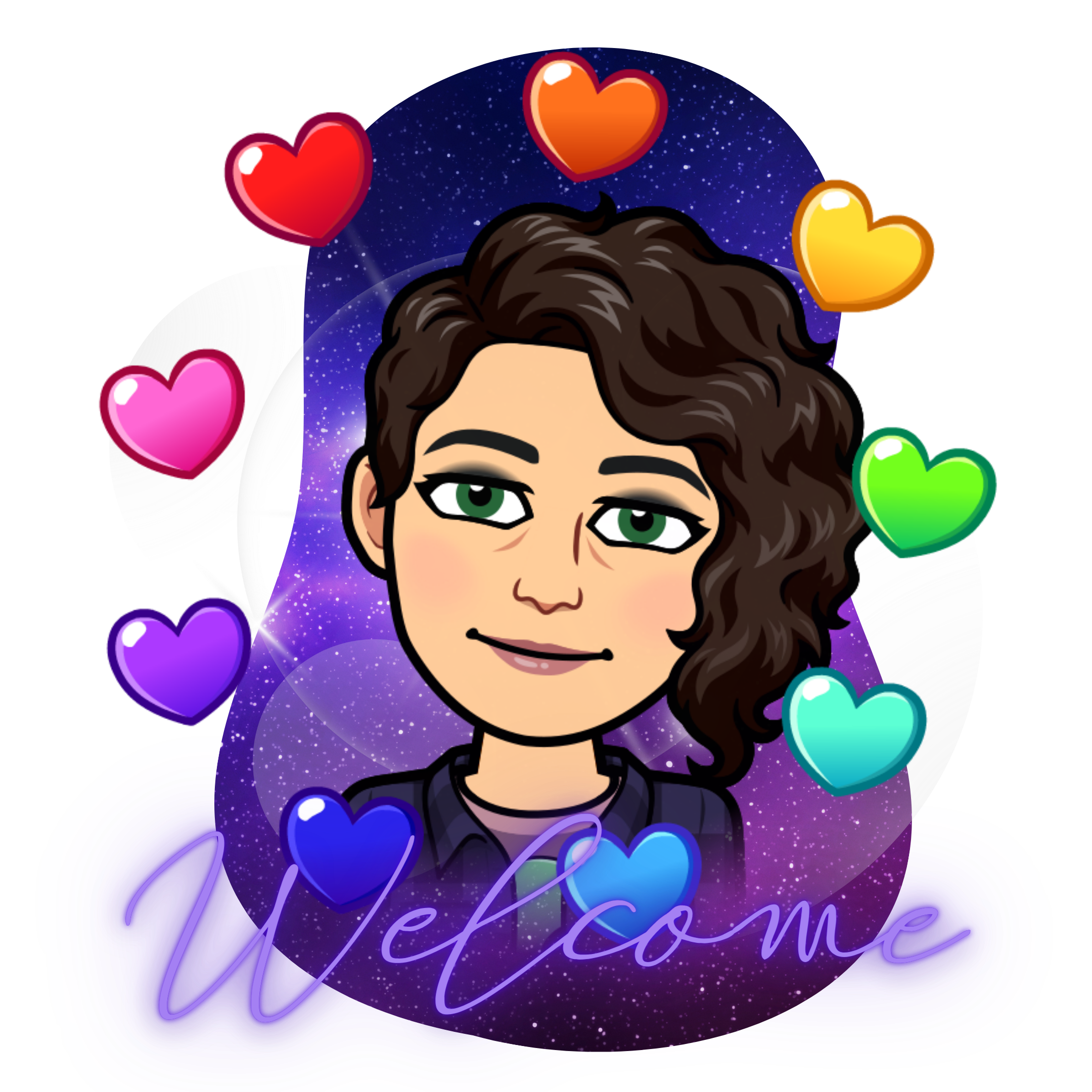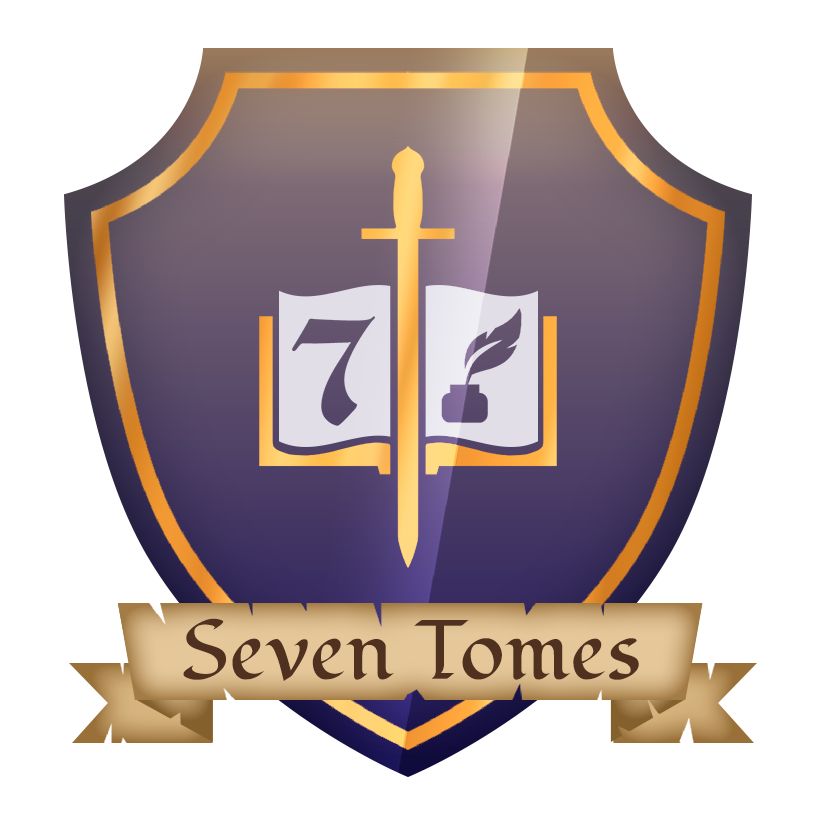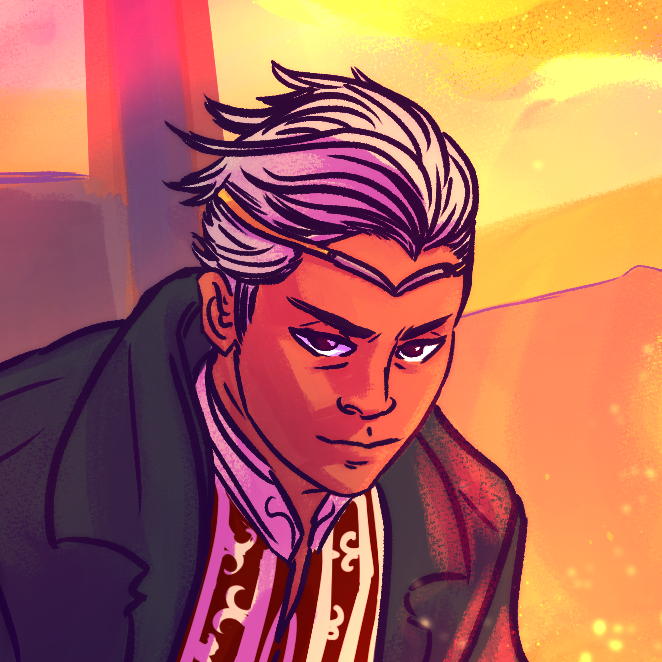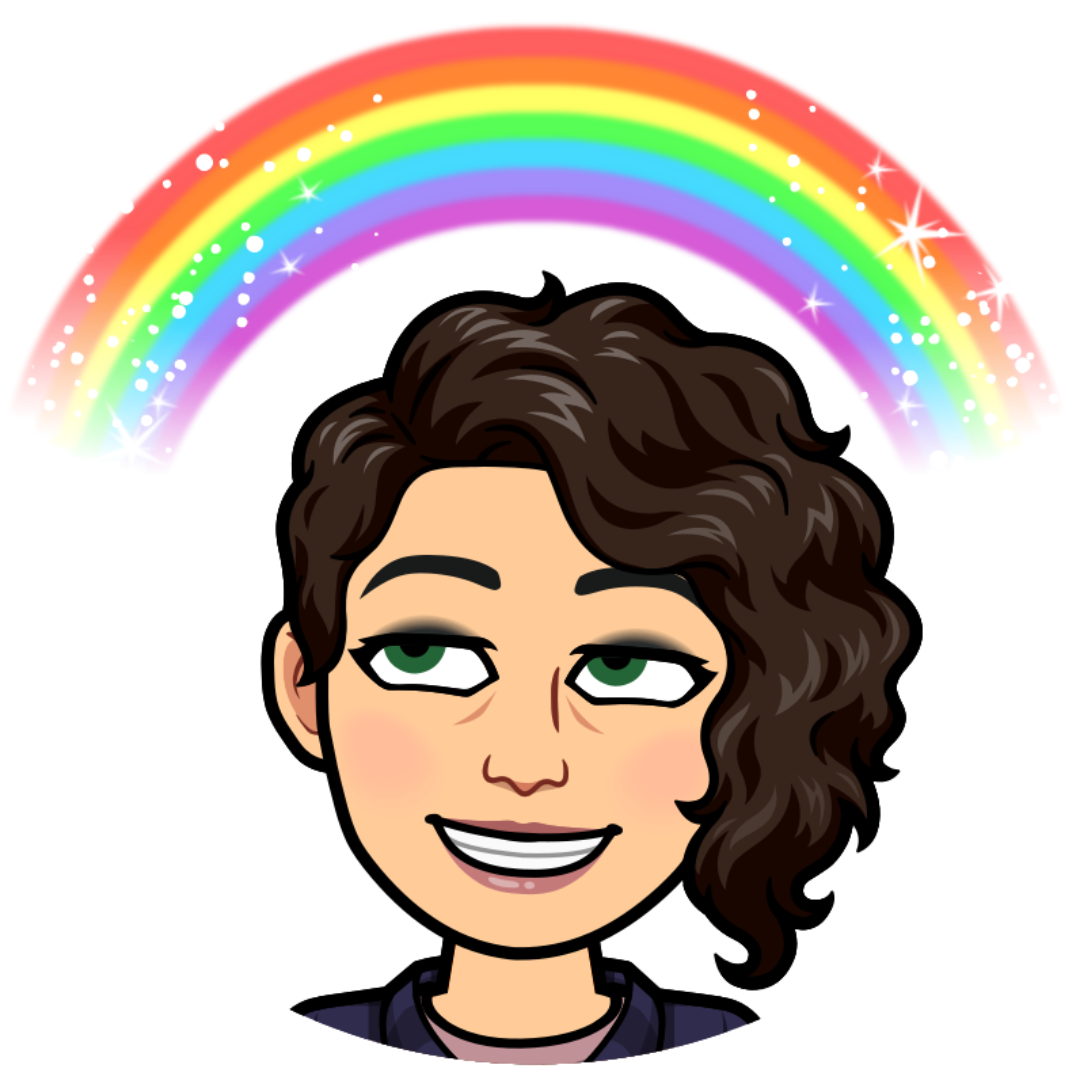Observing the Lunar Eclipse
For so long as we have looked up at the sky, the moon has looked down upon us. And for even longer still, it's regular cycles have moved us, and stirred us, and brought forth from within us curiosity. And from that curiosity, a reliable measure of days, months, years, and generations.
Observing the lunar cycle, and especially the eclipses (greater and lesser), is a ritual as old as time. Or so it would seem from the number of lunar calendars found in ancient constructions and even older observations recorded on cave walls and the bones of dead ancestors.
It was the moon's cycle that Talla of Smouge laid out the Argentin calendar still in use, even if the progression of years has been reset since then.
History
"Why do we have to observe the eclipse, Grandfather?" asked the girl, a wheedle of boredom underlining her curiosity. "I get that this was important in the ancient times, when people thought that an eclipse was a great dragon eating the moon. But now we know what an eclipse is, and it's the same thing every time. Our shadow passes over the surface of the moon. So why do we still do it?
Her grandfather did not even pause in his adjustments to the telescope as he delivered an answer. "We observe it, Amia, even though it is always the same, because one time when we observe it it will not be the same. And when that happens, we must know immediately.
Amia laid back on the observation chair and looked up at the naked sky in all its star-strewn glory. There was the moon, it's left edge deformed and discolored, taking on a slight red tint, hanging high in the midnight sky. "But the orrery tells us that. It shows us when the next alignment will be, and it's not for years. I'll be at the academy, done even, by the time it happens!"
Amia's grandfather did not speak. He finished his adjustments and spent a long moment observing. Then, he pulled away from the telescope and made a note in the journal he always carried. This conversation was, in and of itself, almost like a part of the ritual. Every year she asked her questions, and every year, he answered her with a little bit more.
Watching his face, she could see when the softly glowing ink had fully absorbed into the page. She knew it would be appearing in a matching book, tucked away somewhere else, with someone else. She didn't know who, though he promised to tell her one day. When he didn't respond to her comment, she pressed further. "So why does this one matter, if we know when that one will be?"
It was not the first time that she had asked the question. It was, however, the first time he gave her an answer. A real answer.
He closed his journal and turned his back to the telescope. He stared at her, silhouetted by the moon. "We do it because we promised that we would," he said quietly. "It is not just a useless observation, or even a meaningless and outdated relic of a ritual. It is the fulfillment of an obligation, one that I -- and many others across the continent -- took on willingly. Even on Tilth, where all people live under the Shadow of the Wing, someone has crawled out into the night to make this observation, and to keep the promise."
Amia took this in silently, letting her mind wander over what he had said. After a long silence, during which her grandfather had resumed his observations and notes, she asked, "What do you think the world will be like in 6859?"
Again, he answered without looking away from the telescope. "In twelve years? I think it will be very much the same as it is now, right up until the moment that it isn't. And I think we won't know what that moment was until long, long after it has passed."












So foreboding! :D
Ohhh, it is. It really, really is. Soooo much change is coming and almost no one is ready for it. Even the few who think they might be ready...aren't. It's going to be glorious.
Haly, the Moonlight Bard
Rhapsody by Moonlight , a daily email worldbuilding newsletter.